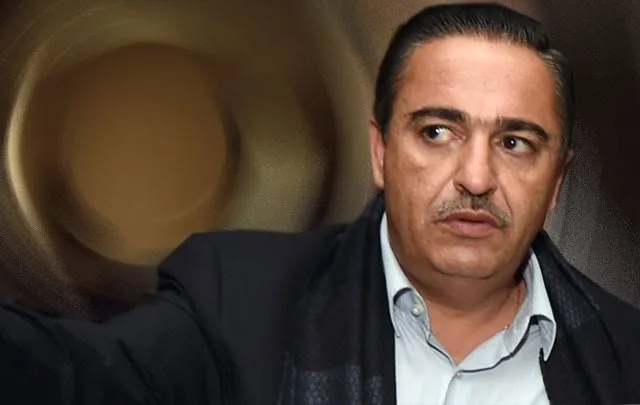July 4, 2025 – The Criminal Chamber specializing in financial corruption cases at the Tunis Court of Appeal sentenced businessman Chafik Jarraya to 16 years in prison on Thursday evening, July 3, 2025, in connection with four cases related to contracts for the sale of confiscated property.
The ruling came after the Court of Cassation returned the four cases to appeal, following a previous overturning of a ruling that had imposed the same sentence with combined prison terms. However, this time the court decided to separate the cases and not combine the sentences, doubling the sentence against Jarraya and the other defendants, including a former municipal employee.
Case Background:
Chafik Jarraya has been imprisoned since 2017 on financial and political corruption charges. He was not among those arrested during the crackdown launched by President Kais Saied in 2023 against dozens of opposition figures and businessmen. However, the current regime repurposed the Jarraya case after Kamel Letaief’s arrest, attempting to forcibly incorporate him into what is known as the “State Security Conspiracy Case,” using him as an anonymous witness in a political scenario to fabricate charges against prominent opposition figures.
These practices have sparked widespread condemnation in human rights and legal circles, especially after leaks reported pressure on Jarraya to provide fabricated testimony.
The Freedom for Tunisia observatory calls for:
- Respecting the principle of the unity of judicial facts, and not exploiting the judiciary to inflate sentences or fragment cases for political or vindictive purposes.
- Ensuring the right to a fair trial for businessman Chafik Jarraya, free from any political manipulation or external pressure.
- Ending the use of prisons as political execution centers and halting the use of detainees as coerced witnesses in politically engineered cases.
- Opening an independent investigation into the false testimony and pressure exerted on Jarraya during his implication in the “conspiracy” case.
- Calling on the judiciary to respect independence and refrain from engaging in the new system of repression targeting political opponents.





